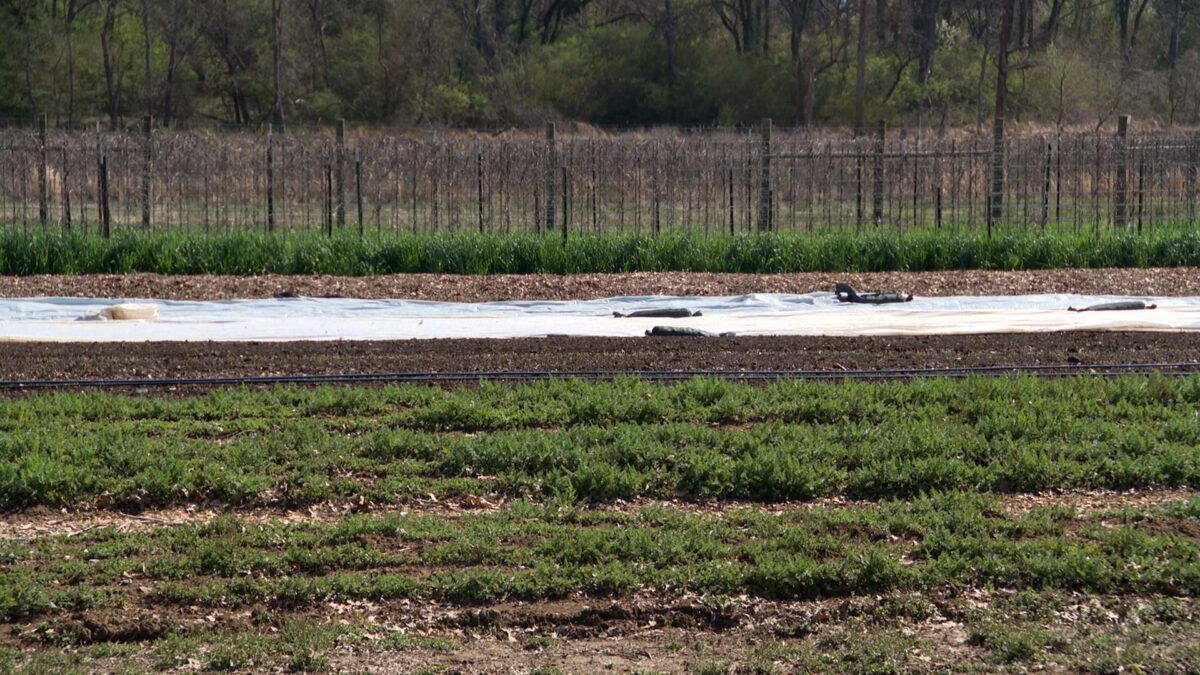
Julie Berbiglia visits with a self-taught farmer who gathered knowledge during the COVID era, and started farming in his urban backyard. In addition to that farm, he now leases an additional 2 acres. Alex Bice uses sustainable agriculture methods to grow high quality vegetables and herbs which he offers for sale at Nashville farmer markets.
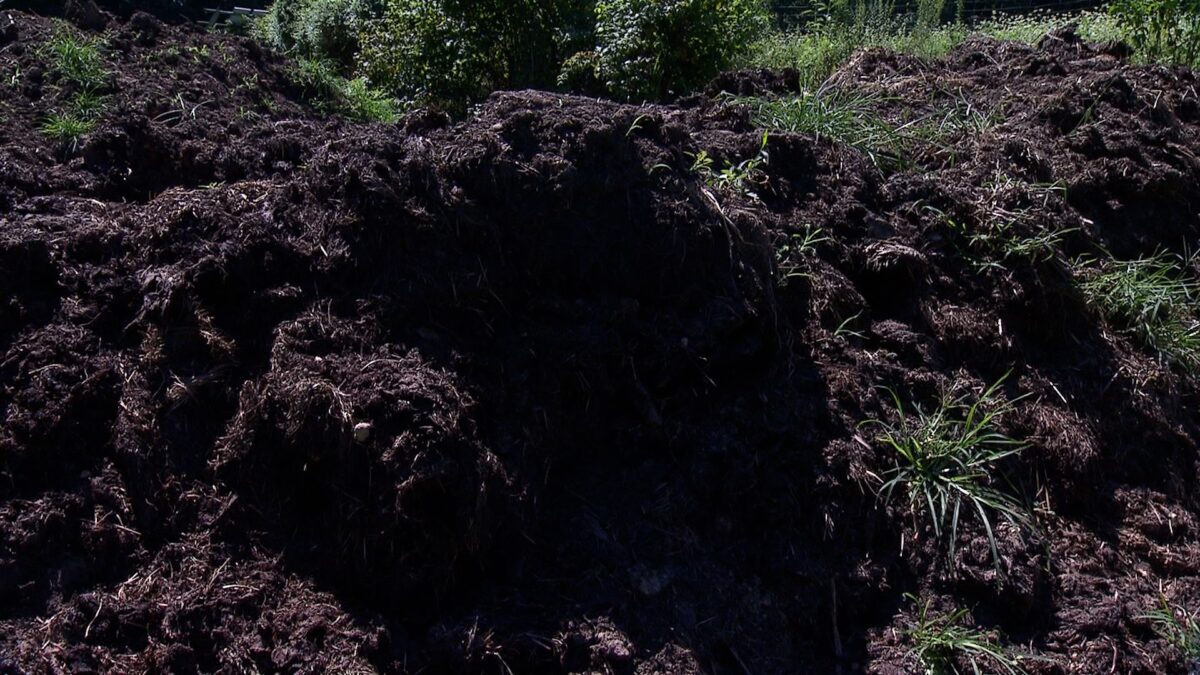
Jeff Poppen, an experienced biodynamic farmer, shares his techniques for enhancing the compost pile comprised of hay, manures and plant residue. He chooses a variety of weeds and herbs that he adds to the pile, and these are in three different forms: live, dried and fermented. Jeff explains the attributes each herb or weed adds to the power of the finished product.
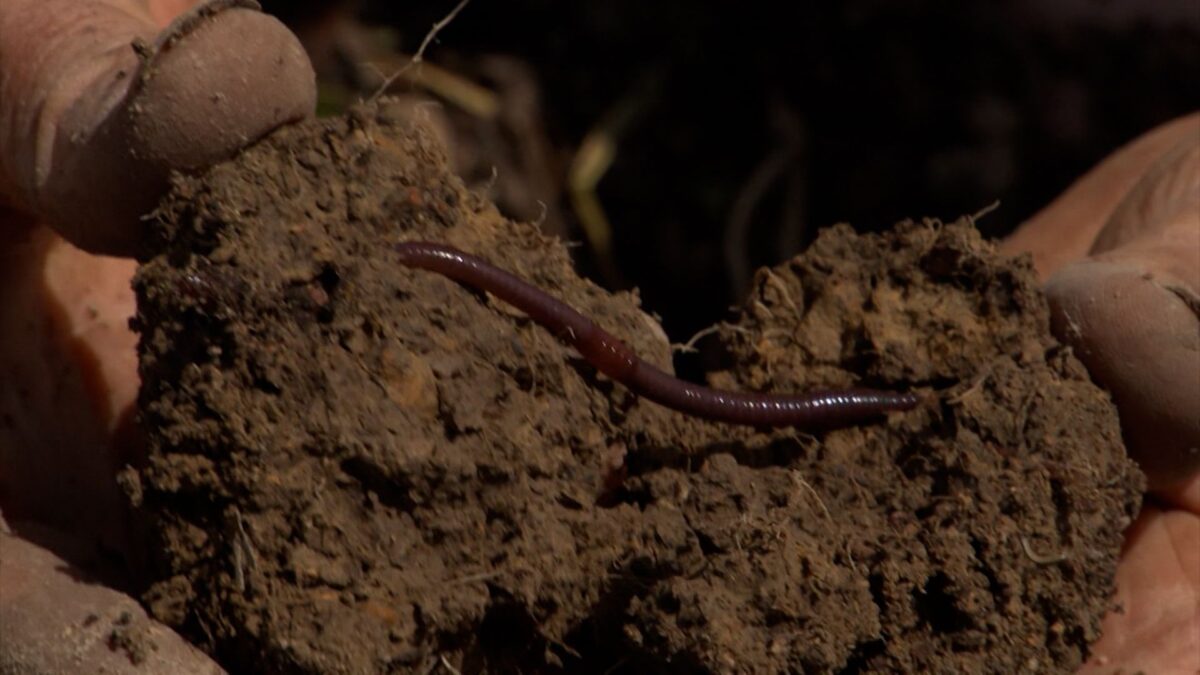
Host Jeff Poppen, a biodynamic farmer, uses a lot of compost. By doing that, he is rewarded with a plentiful amount of earthworms that aerate the soil and leave nutrients behind. However, not all worms are beneficial. Jeff meets up with an entomologist to learn about a destructive species known as the crazy jumping worm.
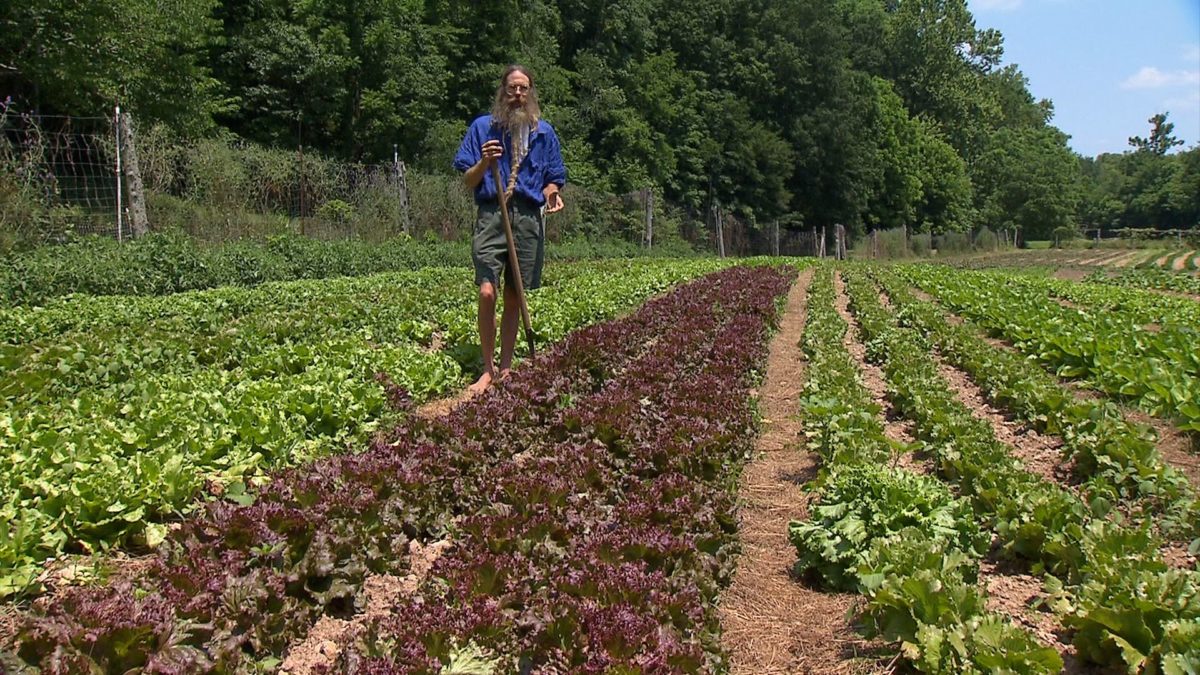
Diversity in an ecosystem such as a farm is a sign of health. Fields of only one crop create many problems, but there are positive and negative aspects to everything. That is defiitely true in farming. Jeff Poppen grows a wide variety of crops, but also identifies good reasons to fill a field with just one. We explore the benefits and detriments of monoculture.
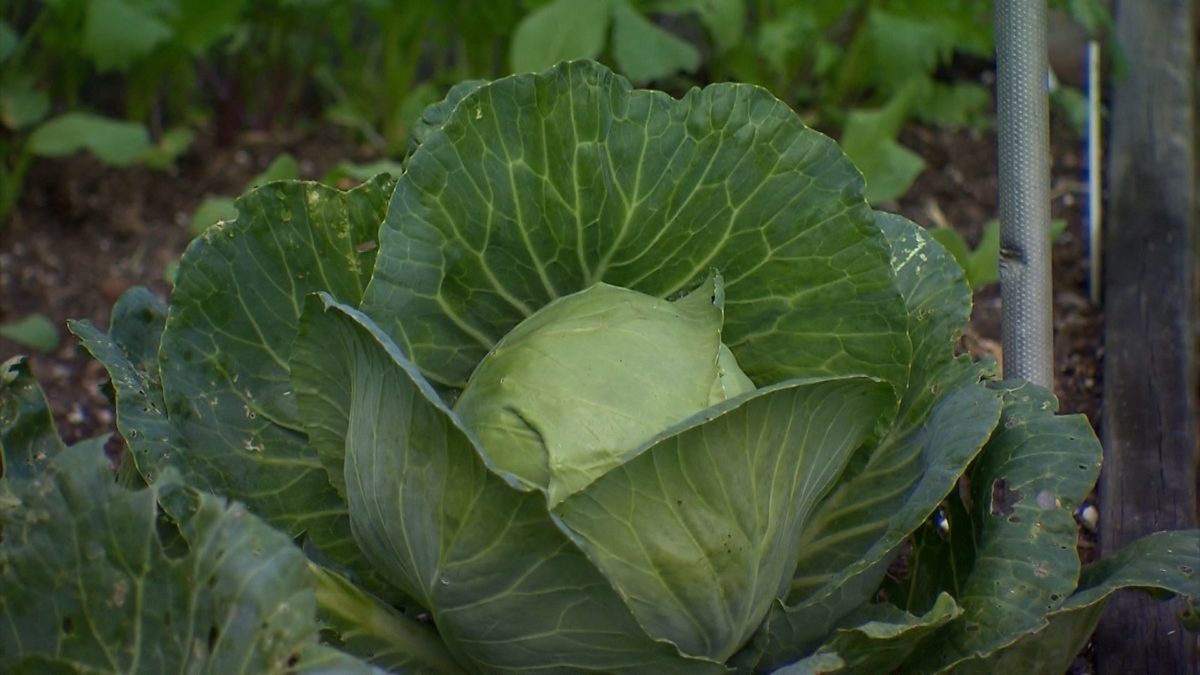
Fall vegetable gardens require planning, especially if those plants are to be grown from seed. Calculating the days to maturity allows one to start seeds at the proper time. Host Annette Shrader visits an experienced grower to see how the cabbage, broccoli, cauliflower and peas are performing mid-autumn.
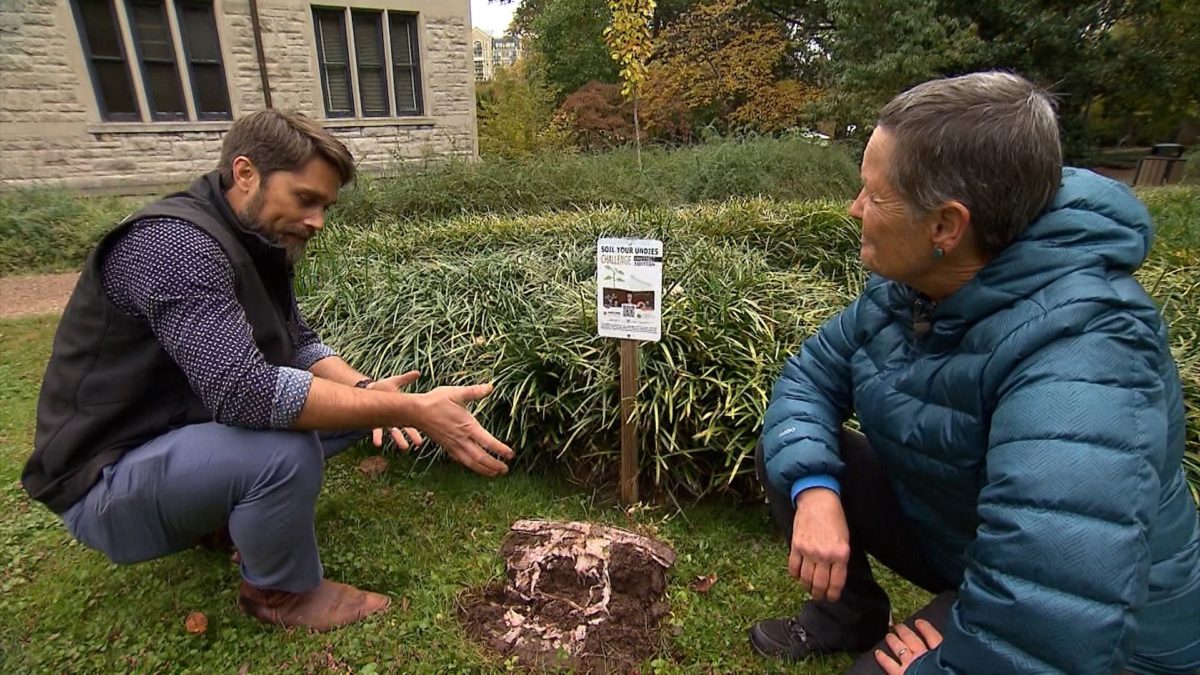
A campaign was launched in December 2018 by Oregon farmers working with Soil and Water Conservation Districts. The Soil Your Undies Challenge was now a thing. It's a simple way to measure the microbial activity in the soil. Julie Berbiglia visits the campus of Vanderbilt University in Nashville to see the results from their participation in the challenge.
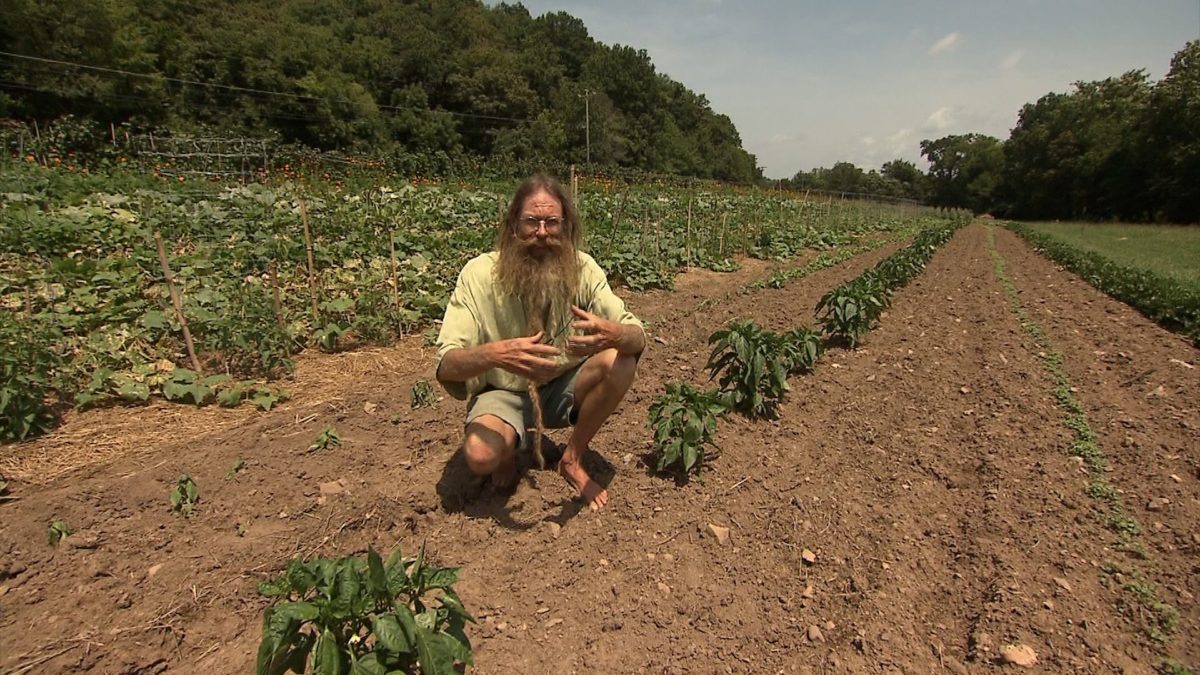
Jeff Poppen has been farming the organic way for decades. He shares his wisdom for those who are just becoming farmers. He covers a lot of the basics: plan before you plant, when to plow and when to plant, successive planting, tending a healthy compost pile, smart use of cover crops, the importance of lime, and keeping the critters away.
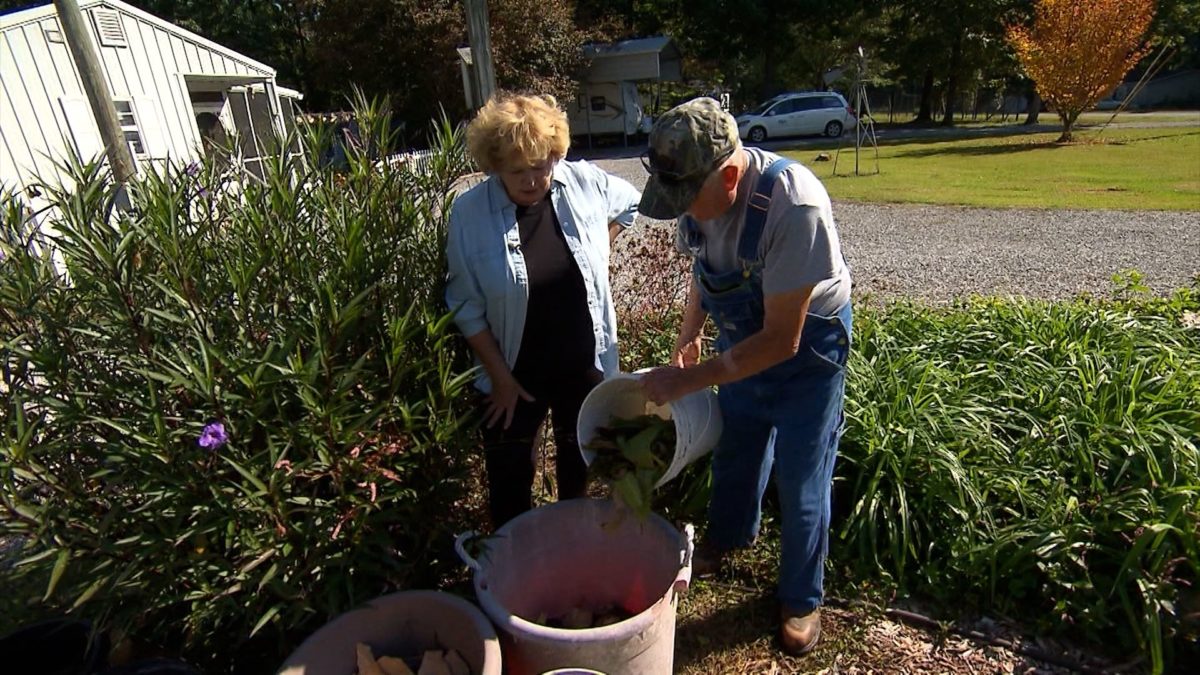
A well-read and experienced gardener demonstrates how he recreates lasagna gardening (layering of organic materials in which to grow plants) in outdoor plant containers. He then starts seeds and also grows a variety of vegetables in these containers with great results.